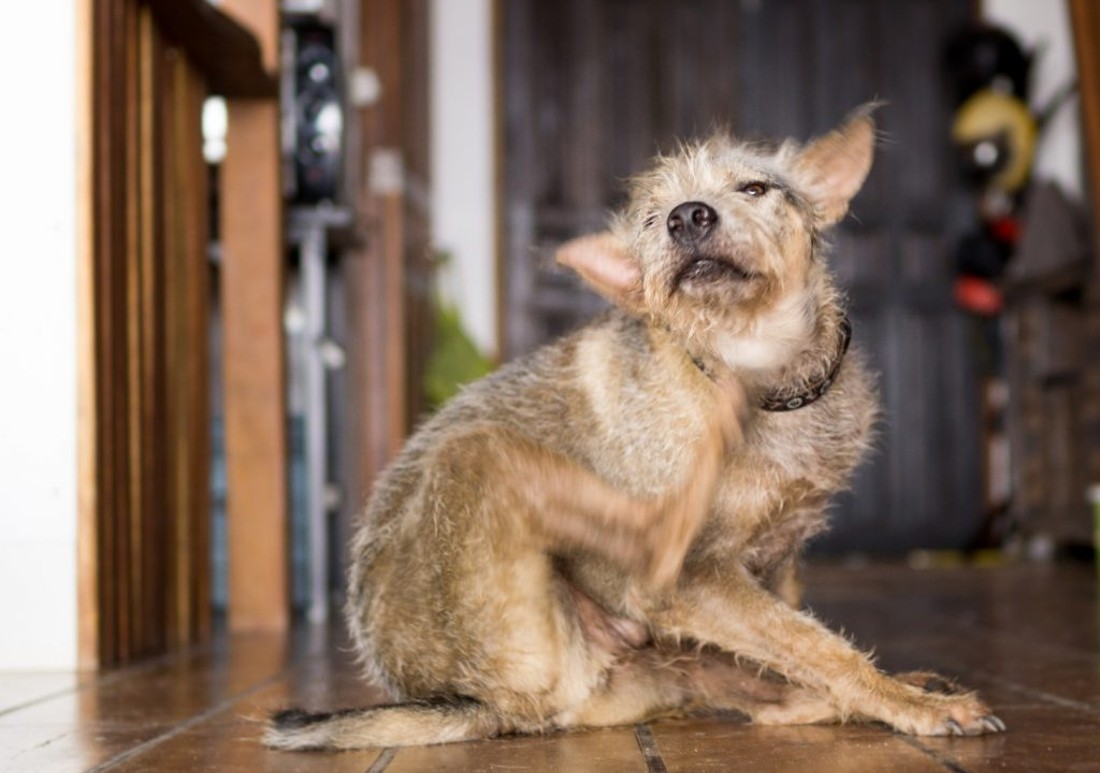Does Your Dog Have Dry Skin? This Might Be the Reason Why

Does your pup have itchy or flaky skin? If so, it’s likely a sign of a common problem among many dogs: dry skin. While dry skin is a common problem, it can be uncomfortable for your pup and lead to further issues if not taken care of.
In this post, we’ll discuss what causes dry skin in dogs and provide tips for soothing and preventing it. We’ll share signs that your pup may have dry skin and the various possible causes, from environmental factors to poor nutrition. Plus, we’ll also provide tips on how to soothe your pup’s dry skin and prevent it from coming back, so you can help your pup live a healthier and happier life.
Identifying the Problem
Dry, itchy skin in dogs can be annoying and unpleasant. Its cause can come from a variety of factors, including allergies, parasites and environmental factors. If your dog is experiencing dry or itchy skin, it’s important to identify the exact cause so you can provide the right treatment to provide relief. Common signs of dry skin in dogs include excessive licking and scratching, redness, shedding and hair loss, dull coat and bumps or scabs on the fur.
Possible Causes of Dry Skin
The most common cause of dry skin in dogs is allergies. Allergens like pollen, dust mites and certain foods can trigger an allergic reaction in your pup. Parasites like fleas or ticks can also cause dryness due to their bites. Plus everyday environmental factors like cold temperatures, dry air, humidity and wind can also cause dryness in your pup’s coat (just like it does with us).
Treatments for Dry Skin
Once you identify the cause of your pup’s dry skin, you can begin treatment to provide some relief. For allergies, vets may prescribe antihistamines or other medications. It’s also important to identify potential allergen triggers and limit their exposure to them. If it’s parasites like fleas or ticks, a topical or oral dry skin or mange treatment will usually work well. Sometimes a dog flea shampoo can also help kill existing parasites and prevent future infestations. To reduce environmental factors like cold temperatures or dry air, you can use a humidifier in your home or make sure that your pup wears a sweater outside when it’s cold. Supplementing with vitamin E or fish oil can also help promote healthier skin.
Conclusion
Dry skin can be uncomfortable, itchy and unpleasant for your pup. While it’s a common problem, it’s important to identify and treat the underlying cause to provide your pup with relief. Allergies, parasites and environmental factors are all potential causes, so it’s critical that you identify the exact cause to help provide the right treatment. With the right treatment and preventative measures, you can help your pup’s skin stay healthy and free of any discomfort.
Your Pet’s Best Interest, Always
At Pet Institute, we take pet care seriously. We're dedicated to transparency, impartiality, and the well-being of your pets in every article, review, and recommendation we provide. Our unwavering commitment to these principles ensures that you, our valued reader, always receive reliable and unbiased information. Let us be your trusted guide in the world of pet care and companionship.